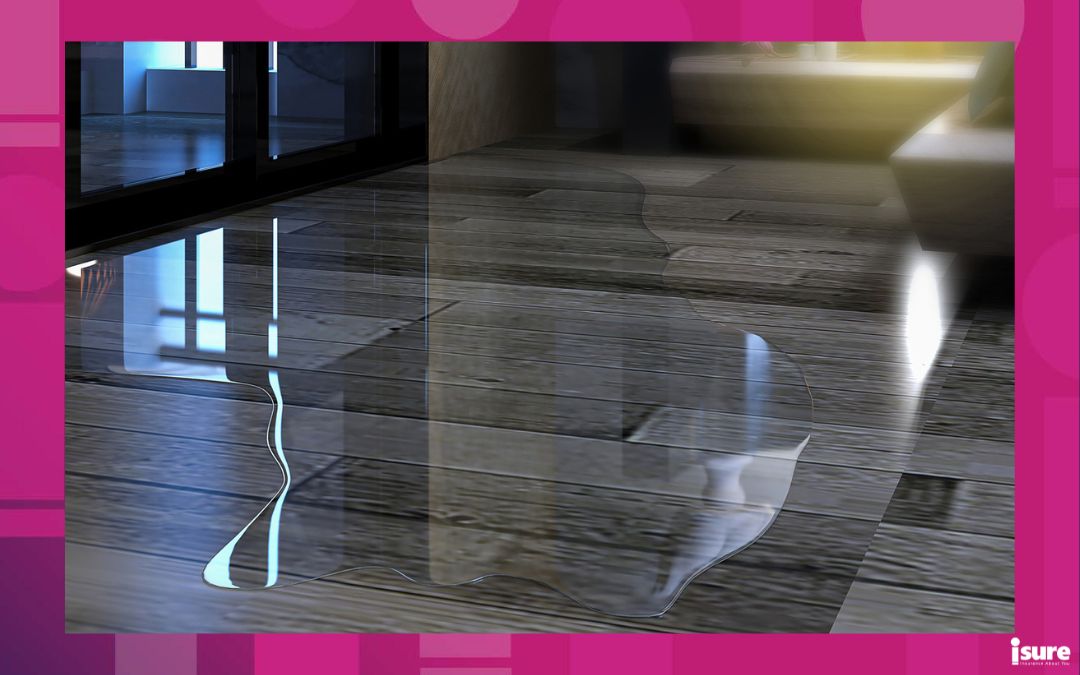Basement apartments are an attractive option to some renters because they often have more square footage than standard apartments. Also, your rent may be cheaper in high-rent locations than traditional apartment complexes. However, basement apartments are not without problems. In this article, we highlight the four most important points to clarify, as well as other important questions to ask before renting a basement apartment.
Basement apartment 101
It’s important to always ask the landlord detailed questions about every apartment. However, basement apartments have a few particular features you should always specifically ask about:
1. Is the basement apartment legal?
It’s important to ask if the apartment is approved by your local authorities. Local laws regulate if you can convert a single family into a multifamily residence. There are also multiple codes at varying levels that need to be met in order for a basement unit to be considered legal. Ontario apartment rentals have to adhere to the Ontario Building Code standards, as well as Fire Code standards. If the landlord appears to have cut corners on proper compliance and certification, it might mean the basement apartment is not up to code on vital systems, like heating or plumbing. In the event of a dispute with the landlord, you may be forfeiting your renter’s rights if you occupy an illegal apartment.
2. What are the safety and security features?
Ground-floor dwellings have a higher likelihood of break-ins, so you need to ask the landlord about security measures for the apartment. The unit should have:
- A strong, working lock for the outside entrance
- Working locks on the windows
- Any inside route from the upstairs dwelling must have a locking door
- Fire escape routes for the basement apartment
- Check for smoke alarms and carbon monoxide detectors
3. Are there any potential health hazards?
Ask the landlord if the basement apartment has ever flooded. Basements are the first place water goes, from burst pipes to ground water. Too much moisture can lead to mould and mildew issues, so ask about any past occurrences. Pest problems, like insects and rodents, are more common in basement apartments, so you should also inquire about this.
4. What are the shared spaces?
Renting a basement apartments means that, like it or not, you do have “roommates.” There are usually common areas that you will share with other renters or the landlord themselves. Some common areas include:
- Parking: For yourself, as well as guests.
- Laundry room: Inquire whether specific days or times for use apply.
- Backyard patio and lawns: Some landlords will often require renters in homes to do maintenance and upkeep for the yard, so find out what your responsibilities will be.
- Utilities: Basement apartments of homes generally do not have separate utility systems. So, all the heating, cooling, electricity and plumbing systems serve the entire house. Ask whether the rent includes utilities, and if not, how they will be divided. You don’t want to pay an unfair portion for utilities you aren’t using.
If you have allergies or have odd working hours, it’s important to find out a bit about the people you are sharing the home with. Pets, young children, and the number of people living above you are important considerations when deciding on a basement apartment.
It is common practice for rental ads to specify basic particulars about the unit, such as pricing, location, and utility information. According to an article written by a landlord that appeared on the site apartments.com, some questions will reveal more than others. So, ask open-ended questions that will provide a platform for the landlord to ramble. The more they talk, the more you’ll learn about the property, and the more you’ll be able to read between the lines. In the article, the landlord explains, “Asking carefully chosen questions will give landlords a chance to explain (or incriminate) themselves, and it can help you discover the not-so-obvious attributes about the property, the landlord, or the contract.”
Here are some additional basement apartment questions you should be ready to ask:
- Can you clarify the rent, deposits and cost of utilities? This should help clear up any discrepancies between asking price and those advertised.
- What’s your application process and screening criteria? Knowing the process may help you decide if you will be a good candidate and whether you wish to move forward.
- When are you looking to fill the unit? If yours and the landlord’s dates for moving in don’t match up, it’s better not to waste time applying.
- What payment methods do you accept? Online payments are the best way to pay rent because it allows for automation, security, and convenience for both tenant and landlord.
If a credit report is a requirement, ask if it’s a hard or soft inquiry. If the landlord doesn’t know, it’s probably going to hurt your credit to apply.
- What’s your subletting policy? Things can sometimes come up that may prevent you from being able to complete the term of your lease. Generally, if the lease doesn’t prohibit subletting or mention exclusive occupancy, you can sublet. However, the landlord may require subletters to meet screening criteria and can deny applicants.
- Do you allow early lease termination, and what are the fees? Life happens. Landlords should have an early termination clause in their lease. Usually, it is a fee of two or three months’ worth of rent. Occasionally, the renter may need to continue to pay the rent until the landlord finds a replacement tenant.
- Will I be able to renew the lease or go month-to-month afterwards? Landlords are not allowed to require tenants in Ontario to sign a new lease, and can’t evict you for not signing a lease renewal. In order to become a month-to-month tenant, you don’t have to do anything. Your contract AUTOMATICALLY becomes a month-to-month contract when your lease expires.
Tenants who enter into a tenancy agreement with a landlord after April 30th, 2018 are able to require a landlord to use a Standard Lease. To learn how you can turn your current fixed term agreement (lease) into a month to month tenancy, please click here.
- What is the parking situation? If you are to be moving into a rental home, it’s important to find out how many cars will be there at any given time. It is also a good question to ask if spots in the driveway or garage are designated. If the ad lists street parking, be sure to ask specifically where it is and if permits are required (as this will add to your monthly costs).
- What’s the procedure for submitting a maintenance request? Not having a definitive answer to this question may imply that the landlord may not be great with property upkeep. Be sure to ask about who is responsible for the repair, if you need approval to hire someone, and if you’ll be reimbursed for any fees or parts purchased.
- Which furnishings or appliances are included? Most ads will detail what is included in a rental property. However, with basement apartments, sometimes the owner’s property may be currently in the basement. Also, it may be furnished by the current tenant. Be sure to get a full list of appliances and/or furnishings that will be in the unit and available for your use so as to avoid any confusion afterwards.
Final thoughts on basement apartments
Communication is one of the most important parts of the landlord-tenant relationship. Asking informed questions before renting a basement apartment will give you more insight into the rental situation and property. Take note of how they respond; are they reluctant to answer your questions? Their response is going to be a good indicator of how you will be treated as a tenant. Remember, it’s important to factor tenant insurance into the cost of the monthly rental. Our isure brokers can assist you in making sure you and your property are fully covered for any contingency.




